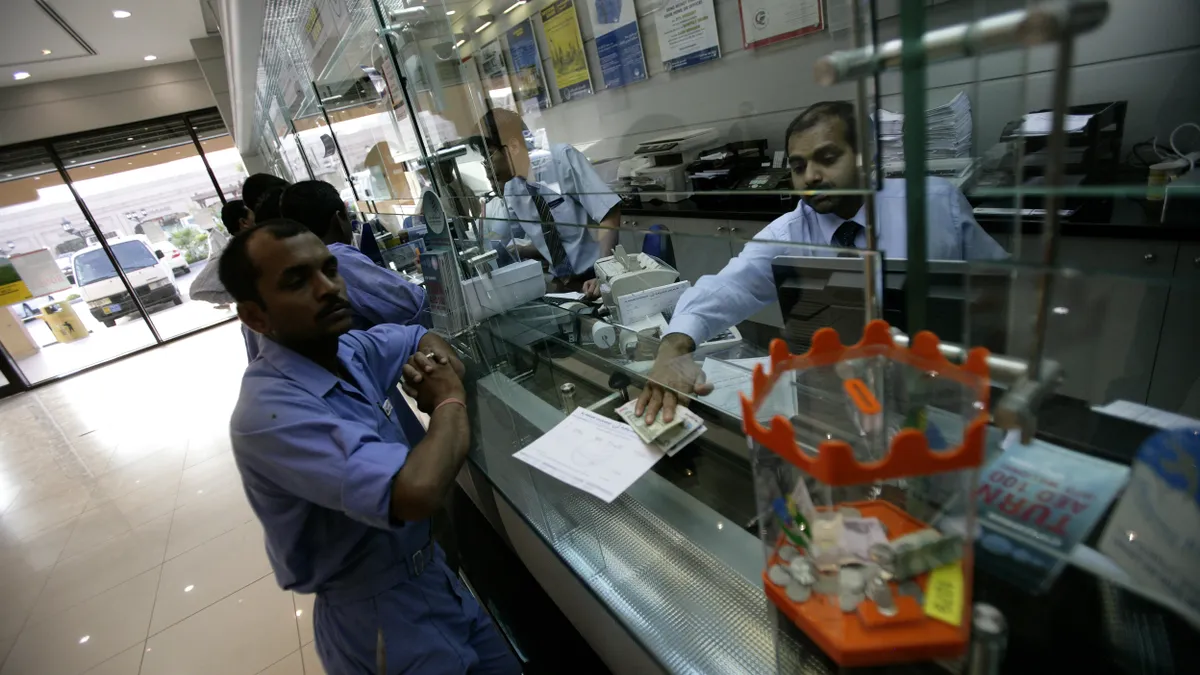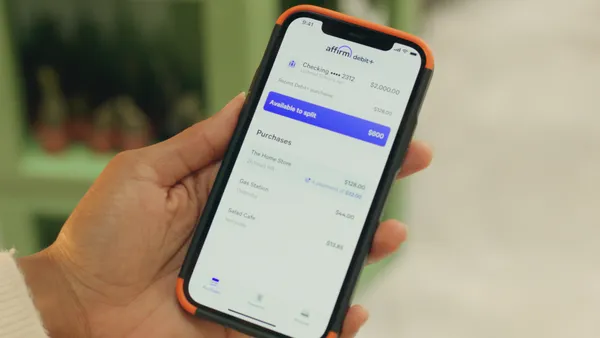Cross-border payments messaging cooperative Swift has surpassed some goals adopted by the international G20 group, but it has lagged objectives on other payments fronts.
Swift, also known as the Society for Worldwide Interbank Financial Telecommunication, said it’s ahead of G20 goals to speed up cross-border payments, noting that currently 89% of network transactions reached recipient banks within an hour.
That’s ahead of the Roadmap for Enhancing Cross-Border Payments goal to have 75% of international payments processed within an hour, the Belgium-based cooperative said in an Aug. 22 press release. It’s also outpacing “speed targets set by the Financial Stability Board” to achieve that goal, Swift said in the release.
The G20 is an intergovernmental forum for addressing international economic concerns. It comprises the European Union and 19 countries, including the U.S.
Payments are increasingly moving to the digital sphere, and the G20 has made enhancing cross-border payments a priority under the roadmap that it began to work on with the FSB and other entities in 2020.
Swift also said its data showed 84% of network payments were done directly or with a single intermediary. That data sheds light on what industry obstacles remain in getting payments to payees faster, the cooperative contended.
“G20 roadmap to enhance international payments recognizes the critical role these transactions play in the growth of the global economy – and how necessary industry-wide collaboration is to achieving tangible improvements,” Swift Chief Strategy Officer Thierry Chilosi said in the press release.
The G20 set four targets for cross-border payments to meet by 2027: limiting cost, improving speed, boosting access and increasing transparency.
International organizations have been particularly concerned with the efficiency and cost of international remittances because of the vital economic role they play for migrants who often send payments to family and friends in other countries.
In addition to the processing speed goal, the G20 aims to limit the global average cost of a cross-border payment for retail users at 1% of a given transaction by 2027 and to cap the average cost for remittances at 3% by 2030.
The remittance goal has remained elusive. The global average cost of remittances was 6.25% for the first quarter of this year, according to data from the World Bank, which also seeks to reduce that expense.
Swift acknowledged in the release that the industry needs to do more to achieve all four of the G20 goals. Currently, only 60% of “wholesale payments,” which are typically large institutional payments, reach customer accounts in the one-hour goal, with delays on the recipient end caused by factors such as regulatory controls, batch processing and opening hours of market infrastructures, Swift said.
G20 also is seeking to improve cross-border payments access so that financial institutions and end-users have at least one option for sending or receiving cross-border electronic payments by the end of 2027, according to FSB’s October 2021 goal-setting report. The organizations are also urging payment service providers to be transparent about total transaction costs and the expected time needed for funds to arrive by sharing payment status tracking and service terms.
For its part, Swift said it offers end-to-end visibility on transactions as well as payment pre-validation. In addition, the coop has cloud and API-based connectivity options for messaging and transaction services, it said in the release.











